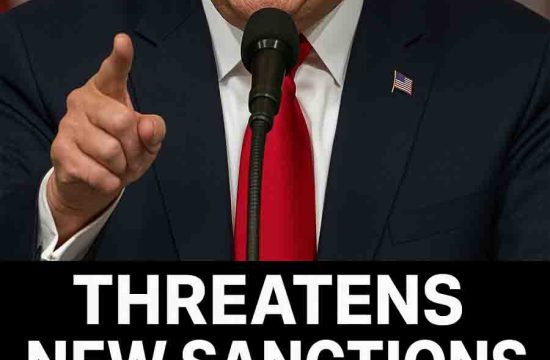1. Wisconsin Immigrant Falsely Accused of Trump Threat
-
Case overview: Ramón Morales Reyes, a Mexican immigrant and long-time Wisconsin resident, was falsely accused of writing a letter threatening to assassinate former President Trump. The accusation was amplified via social media by then–Homeland Security Secretary Kristi Noem.
-
What actually happened: Investigations revealed that Demetric D. Scott, already a suspect in a violent attack and intended trial in which Reyes was set to testify, had forged the threat letter in Reyes’s name—likely to get Reyes deported and sidelined as a witness.
-
Legal outcome: An immigration judge ruled that Reyes did not pose a danger to the community and set bond at $7,500, potentially allowing his release if the government did not appeal.
-
Still pending: Despite the false accusations and forged evidence, Reyes remains in ICE custody, facing possible deportation while legal advocacy continues on his behalf.
This scenario is often misinterpreted as a “judge refusing to jail” Reyes because bond was granted—but crucially, it comes amid a broader context of wrongful accusation and procedural injustice.
2. South Carolina Man’s Threat and Detention Conditions
-
Case overview: Travis Keith Lang of Irmo, South Carolina, pleaded not guilty in federal court after being accused of posting a threat to kill President Trump.
-
Court’s decision: Initially, Lang was denied bond in his first appearance SC Daily Gazette. At a later bond hearing, a judge permitted him to await trial on home detention, provided he undergoes a mental health evaluation. Additional restrictions included GPS monitoring and social media oversight—alongside a prohibition on contacting public officials.
Again, while this may appear as leniency—and indeed, Lang is not jailed in a traditional sense—the judge did not refuse to jail him outright but rather conditioned his release carefully under strict supervision contingent on mental health assessment.











